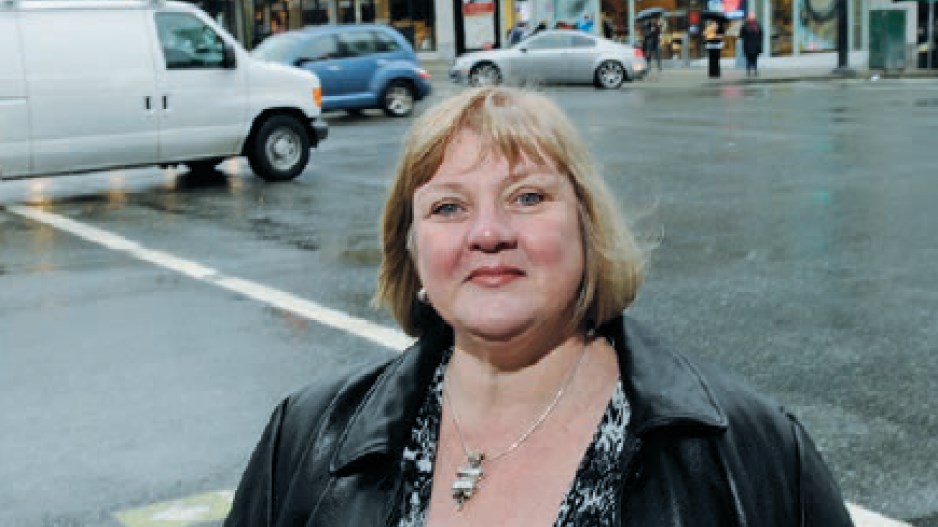It's just possible that a coalition of small-business owners and the City of Vancouver have found a way to cool down the city’s tax hot spots.
The problem has been around since the mid-2000s: small-businesses owners experience sudden, sharp spikes in their property taxes caused by a zoning change or new rapid transit station driving up neighbourhood property values.
“For instance … all of a sudden a block away a property is sold for a crazy amount, which affects everybody else’s assessment because one day there could be 10 storeys above someone’s little piece of retail,” said Sharon Townsend, executive director of the South Granville Business Improvement Association.
A property tax review commission has been studying the issue since April 2013. On July 9, Vancouver city councillors voted unanimously to support several of the commission’s recommendations.
Currently, the city averages all land assessments for residential, light industrial and commercial properties over a three-year period. The city will now average assessments over five years and will target only those properties affected by market volatility (properties whose taxable value rises 10% or more over the course of one year).
Instead of 50% of property owners paying a higher tax to subsidize the other 50%, 80% will now pay a higher tax to subsidize 20%, according to the city staff report. The change would neither decrease nor increase the amount of property tax the city takes in.
The city must now ask the province whether it has the authority to set the 10% threshold.
Charles Gauthier, CEO of the Downtown Vancouver Business Improvement Association (DVBIA), said that for the most part his members haven’t been affected by volatility caused by zoning changes, but the more targeted approach will benefit businesses in the downtown core.
“There are some years that [businesses are] winning and some years that we’re losing,” Gauthier said of the current system, which sees some taxpayers subsidizing others one year and being subsidized the next.
“What this targeted approach will do is that it will focus on the areas that are increasing more.”
Since 2007, the City of Vancouver has been gradually shifting the tax share from businesses to residents.
Today, businesses in Vancouver pay 4.5 times more property tax than residents, the second-highest ratio in Metro Vancouver. The DVBIA wants that ratio narrowed to three to one. However, Gauthier said he respects the recommendation from Stanley Hamilton, chair of the property tax review commission, to keep the ratio unchanged this year because of relatively healthy economic conditions for small businesses.
The businesses in the South Granville area have been heavily affected by hot spots. Townsend hopes that another proposed change, split assessment, could also help to lessen the impact of a changing city.
Currently, dramatically increased assessments have resulted in some business owners paying the commercial tax rate on “air,” Townsend said – a potential new building that, if built, would include condos taxed at the lower residential rate.
“We are asking for BC Assessment to say, on this property this much will apply at the residential property rate and this much you apply at the commercial rate,” Townsend said.
The change would provide a buffer between the time land is rezoned and when a building permit is actually issued, Townsend said.
The City of Vancouver plans to study split assessments further. •




